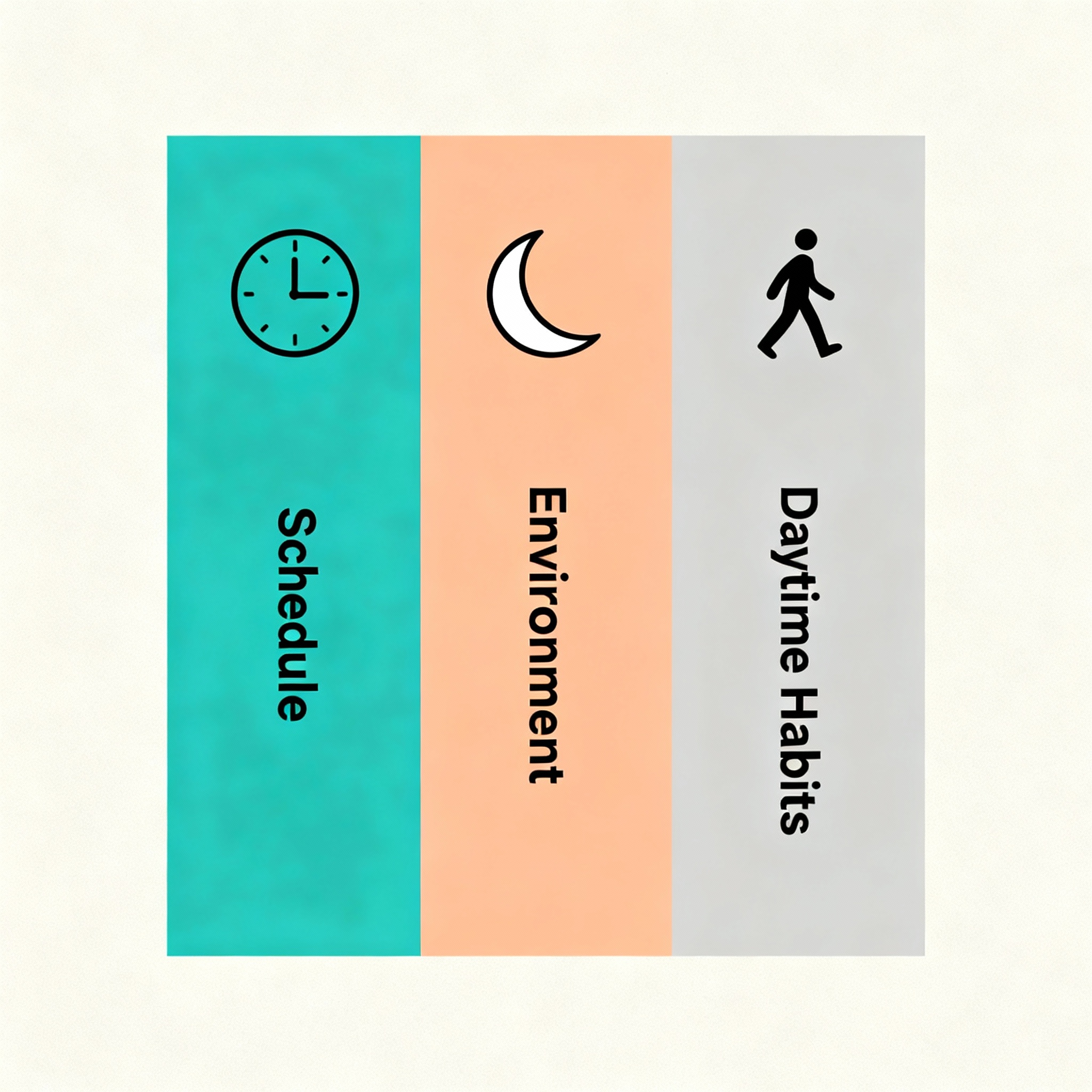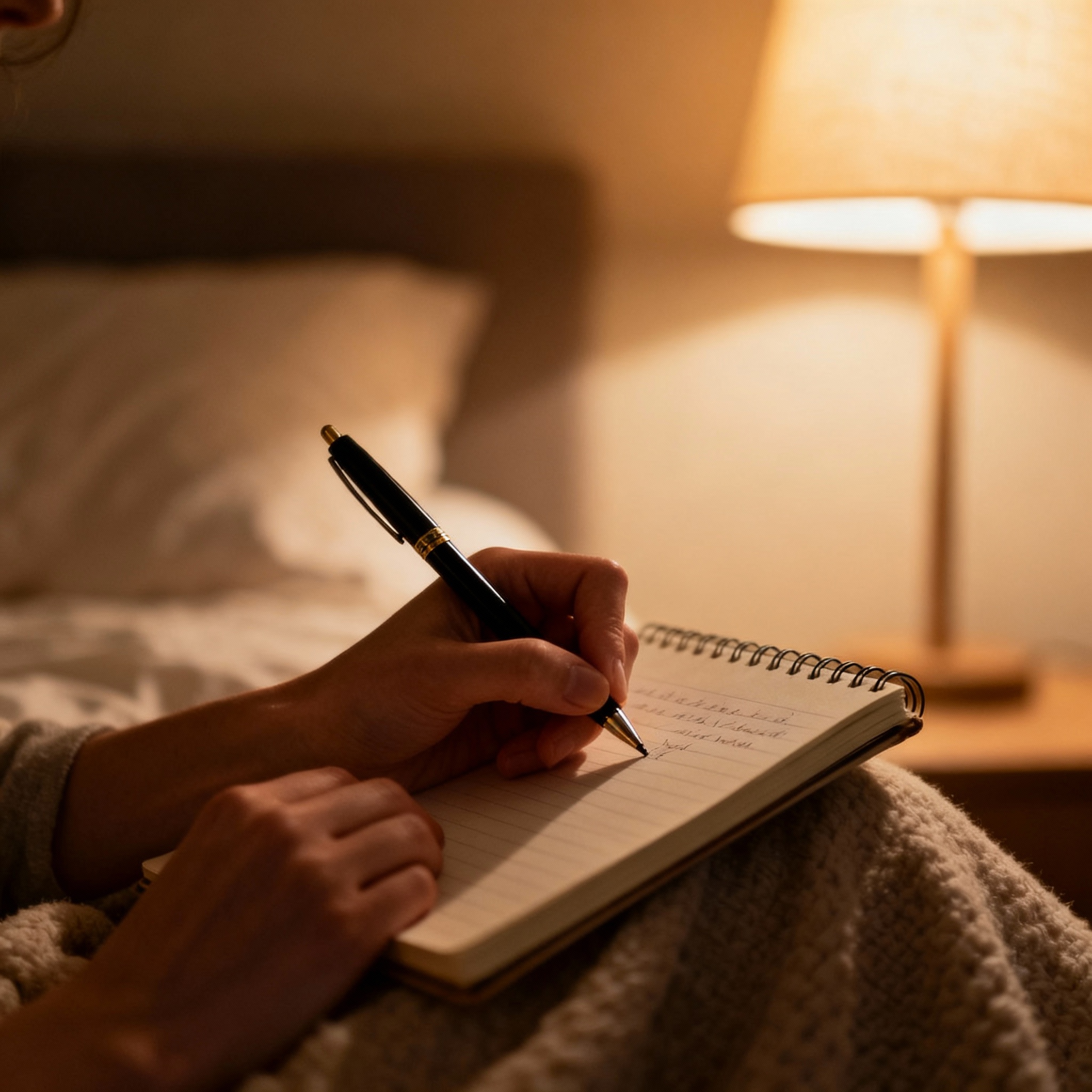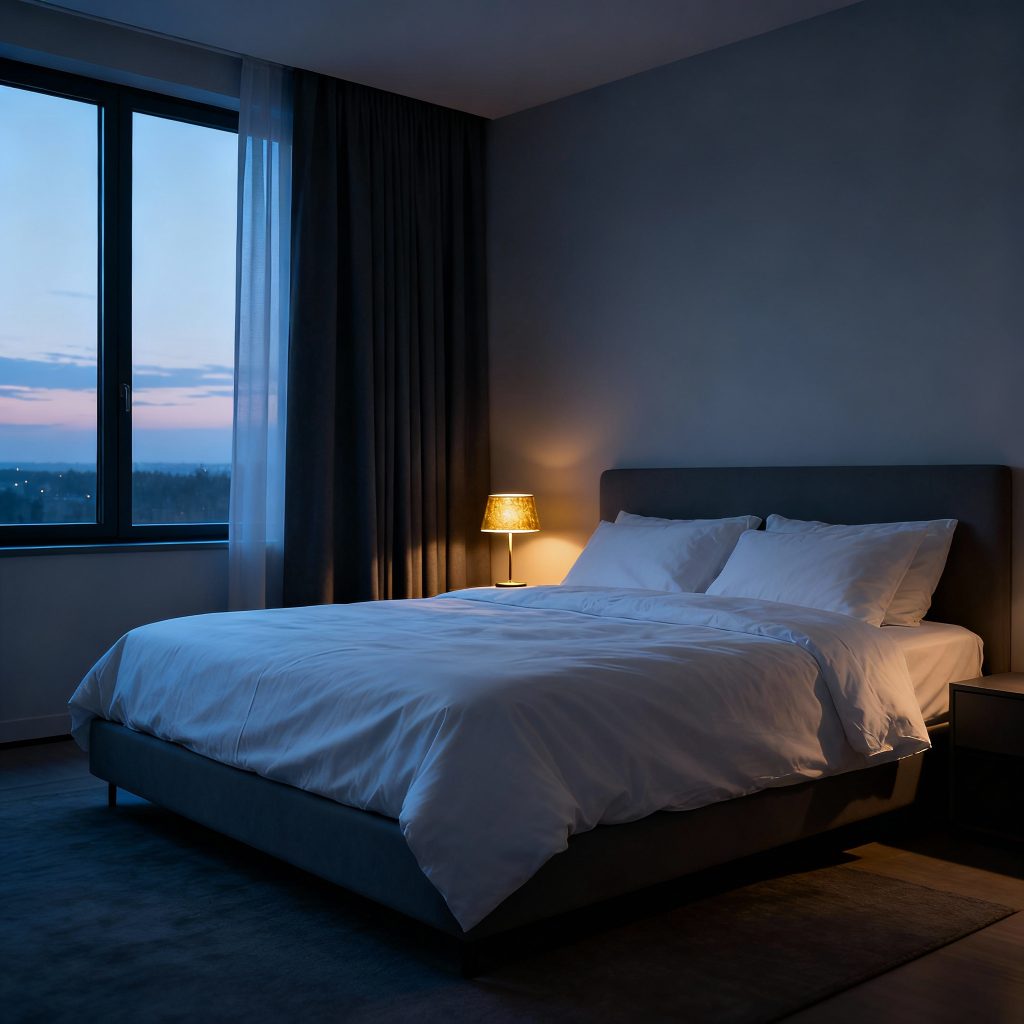You know that foggy, tired feeling after a poor night of sleep, and you want a real plan that actually works. Good sleep is not a mysterious gift for a lucky few, it is a set of habits and small changes you can control. In this article I’ll walk you through practical, natural strategies that improve sleep quality without pills, and explain why they work so you can pick what fits your life.
How to improve sleep quality naturally is something you can start today, one habit at a time, and see measurable gains in energy, mood, and focus. Below are evidence-backed tips, simple routines, and quick experiments to find what helps you sleep best.
Why small habits make big differences
Sleep depends on circadian rhythms, environment, and your daytime habits. Regular sleep schedules and a predictable wind-down signal to your brain that it’s time to rest, which shortens the time it takes to fall asleep and reduces night wakings. Start by setting consistent bed and wake times and treat your bedroom as a sleep-only space. These core habits form the foundation of better sleep.

Practical, natural strategies that actually help
1. Fix your sleep window, then tweak
Go to bed and wake up at the same time every day, even weekends. Consistency trains your internal clock and improves sleep efficiency. Start with a 15-minute adjustment every few days until you hit a schedule that fits your life.
2. Build a 20–60 minute wind-down routine
Avoid screens and stressful tasks before bed. Replace them with relaxing rituals like reading, gentle stretching, or a warm shower. A predictable routine signals your nervous system to relax and supports melatonin production.
3. Optimize your bedroom environment
Keep your sleep space cool, dark, and quiet. Aim for about 60 to 67°F when possible, use blackout shades, and consider white noise or a fan if you live in a noisy area. Comfort matters too: a mattress and pillows that support your sleep posture reduce awakenings.
4. Watch caffeine, nicotine, and alcohol timing
Limit caffeine to early afternoon at the latest, avoid nicotine near bedtime, and skip alcoholic nightcaps. Alcohol may help you fall asleep faster but disrupts restorative sleep later in the night.
5. Move more during the day, but not too late
Regular exercise helps sleep duration and quality, but intense workouts close to bedtime can be stimulating for some people. Aim for moderate activity earlier in the day and light movement in the evening. Even brisk 20–30 minute walks can improve sleep.
6. Limit long naps and time them wisely
Short naps (10–30 minutes) can boost alertness; avoid long or late-afternoon naps that reduce sleep drive at night. If you nap, keep it early and short.
7. Use light strategically
Get bright natural light exposure during the day, especially in the morning, and reduce blue light in the evening. Light is the strongest cue for your circadian clock, so timing light exposure helps align sleep timing naturally.
8. Calm the mind with brief practices
If racing thoughts keep you awake, try a short pre-bed journaling practice to capture worries and a 5–10 minute breathing or progressive muscle relaxation exercise. These lower arousal and make falling asleep easier.`
Quick experiments to find what helps you most
- Try a consistent wake-up time for two weeks and note changes in daytime energy.
- Remove screens 60 minutes before bed for five nights and record sleep onset time.
- Test bedroom temperature changes, moving it 2–3 degrees cooler for a week.
Keep a simple sleep log for 2–4 weeks to spot patterns. Small experiments reveal high-impact changes unique to you.

Common barriers and how to handle them
- Night shift work or irregular schedules: Anchor your schedule with fixed wake times and use timed light exposure to shift your clock gradually.
- Anxiety or racing mind: Use short cognitive techniques like a five-minute worry dump or box breathing before bed.
- Roommates or noisy environment: White noise, earplugs, and a consistent routine help your brain adapt even when conditions are imperfect.
FAQs
How long until I notice better sleep after changing habits?
Most people notice improvements in a week or two when they consistently follow a routine, but it can take a month for your circadian rhythm to fully adjust. Track sleep for at least 2–4 weeks to evaluate change.
Can natural supplements help me sleep better?
Some people find short-term help with melatonin or magnesium, but these should be used sparingly and discussed with your clinician, especially if you take other medications. Prioritize behavioral changes first.
Is it ok to use a smartphone app for sleep meditation?
Yes, guided breathing and sleep meditations can lower arousal. Just avoid bright screens right before bed; use low-brightness or audio-only modes.
How much sleep do adults need?
Most adults benefit from 7 to 9 hours per night, though needs vary. Quality matters as much as quantity.
When should I see a specialist?
If you consistently have trouble falling or staying asleep for months, experience loud snoring or gasping, or daytime sleepiness that impairs function, see a sleep specialist for evaluation. Conditions like sleep apnea and narcolepsy require professional care.
Take the next step: make it easy and measurable
Start with one habit this week, like a consistent wake-up time or a 30-minute wind-down routine. Track it for 14 nights and make one more tweak based on what you learn. If you want help turning sleep habits into searchable content for your audience or improving content performance, see how Marvlus automates SEO and article creation for busy sites, including tools and examples on the Marvlus Blog and Tools pages.
Visit https://marvlus.blog to explore sample posts and publishing workflows that help ideas reach real readers.
Conclusion
Better sleep is rarely a single change, and it does not require extreme measures. The most reliable gains come from consistent schedules, an intentional wind-down, and a sleep-friendly environment. Try small experiments, keep what works, and be patient as your body adapts. Sleep is a daily practice, and small steps add up to big improvements in energy, mood, and focus.
Ready to sleep better? Try one change tonight
Pick one tip above, commit to it for two weeks, and notice the difference. If you want SEO-friendly articles or templates that show these ideas to your readers, Marvlus can help you publish optimized content faster. Visit https://marvlus.blog to get started.




